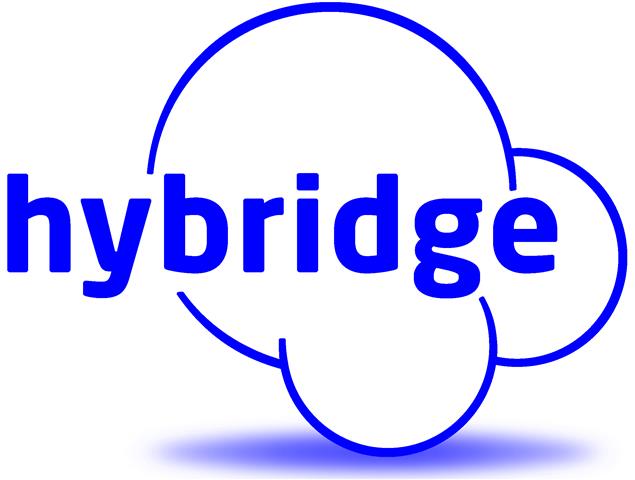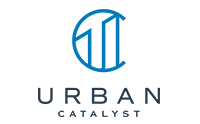Click here to accept all cookies or manage: this is the message in the bottom header of almost every website you visit now, but do you know what that means or why you should care? Let’s take a look at cookies, what they are, how they work and the advantages and disadvantages of allowing them.
What are Cookies: Cookies are small data files stored in your browser during an internet session. This data may include information such as login credentials and browsing history, which explains why when we open a website we frequently visit, our information is magically prefilled. But the main reason for a Cookie is to track you across the internet and between websites, so a website that doesn’t know who you can buy your identity from a website that does know who you are. That is website cookies in action.
How they work: When cookies are allowed, websites will remember you, your browsing history, and computer details, and with this information, they are able to show things like an active shopping cart you didn’t checkout. They will also monitor other websites and target advertisements based on what you are browsing. They can store a wide variety of data including personal identifiable information and they can sell this information to third parties if you inadvertently agree to the terms of the website. This practice, while common, is used to influence your purchases and opinions, and it is an invasion of your privacy. This is why it is important that you are aware how the information is used.
Why are we getting asked about them now: Two pioneering pieces of consumer-empowering legislation (the CCPA in California, and GDPR in the EU) now require most websites to disclose when they are using Cookies and other techniques to track you and sell your personal data and give you the right to opt-out.
Advantages and disadvantages: Cookies make surfing the web a smoother experience since they seem to already know you, and therefore tailor each session to make your experience easier. There is a convenience in having cookies when it comes to repeating your typical browsing and not having to remember or login to frequented websites. However, this convenience can feel highly invasive (how many times do you open an unrelated website only to see an offer for something you briefly looked at last week?) and puts you at risk as the information stored can be used to gain additional sensitive information and open a door to bad actors. Hackers are actively looking for information they can use, such as credit card information or personal details, which they can later use against you in phishing attempts. The best way to protect yourself is to refuse non-essential cookies, clear your cookies regularly and be selective about which websites you visit.
Unfortunately, Cookies are so valuable to web marketers that most websites are making it hard to effectively opt-out. For example, you’ll see one big easy green “Agree” button, and a dark gray fine print “Options” button that requires you to click more times to turn off each category of Cookie.
If you are a Hybridge client, we will have installed uBlock Origin in your browser, which provides some privacy protection. When you clear your cookies, you are keeping your privacy even more secure. However, once cleared, you will have to input your login details again in the websites you visit often. To reset your cookies, visit your settings page in your browser, look for a privacy or security option and select the option to clear browser data. For more information or help on allowing and resetting cookies contact us at 650-421-2000 or email us at info at hybridge.com. We are happy to help!
Share this blog:









